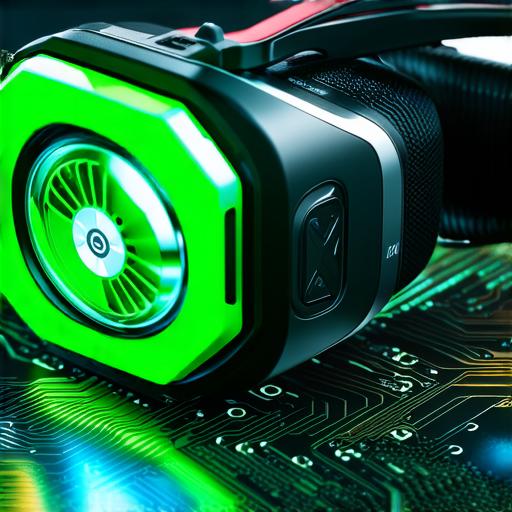Virtual reality (VR) is a technology that creates an immersive experience for the user by simulating a 3D environment that can be interacted with in real-time. VR technology has been around for several decades, but recent advancements in hardware and software have made it more accessible and affordable than ever before.
There are several components that make up VR technology. The first is the headset, which is worn by the user to view the virtual environment. The headset typically includes sensors that track the movement of the user’s head, allowing them to look around in the virtual world as if they were physically present.
Another important component of VR technology is the display, which is responsible for showing the 3D graphics of the virtual environment. The display can be either a monitor or a projector, and it typically has a high refresh rate to ensure that the user sees smooth, seamless motion.
In order to create a realistic virtual environment, VR technology relies on advanced computer algorithms and software programs. These programs use mathematical equations to simulate the physics of the real world, such as gravity, lighting, and sound. This allows users to interact with objects in the virtual world in a way that feels natural and intuitive.

One of the key aspects of VR technology is its ability to track user movement in real-time. This is accomplished through a variety of sensors, including accelerometers, gyroscopes, and magnetometers. These sensors work together to accurately track the user’s head movements and translate them into corresponding actions within the virtual environment.
Another important aspect of VR technology is its ability to create a sense of presence and immersion. This is achieved through a combination of factors, including high-resolution displays, realistic sound effects, and haptic feedback devices that simulate physical sensations such as touch and vibration.
Overall, VR technology is a complex and fascinating field that has the potential to revolutionize the way we interact with digital environments. By continuing to advance and improve, VR technology will likely continue to play an increasingly important role in fields such as gaming, education, and healthcare.
